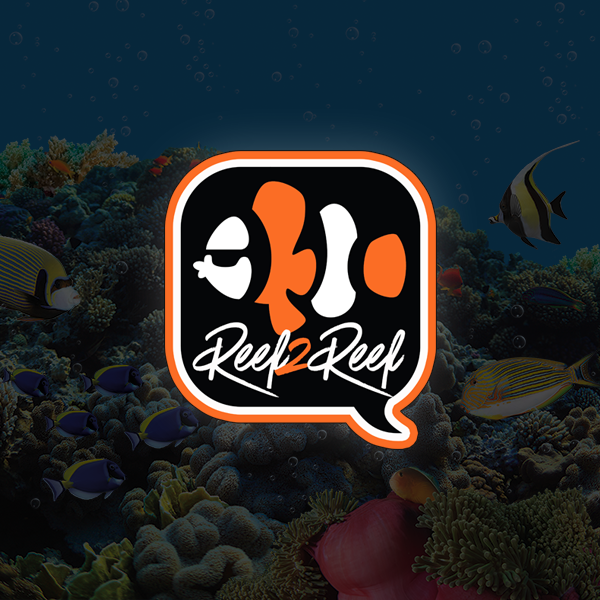- Joined
- Mar 23, 2017
- Messages
- 640
- Reaction score
- 399
- Review score
- +0 /0 /-0
- Location
- Cheraw, South Carolina
Hello reef fam,
I’m just curious what the experts think nitrate levels need to run at. I’ve done a bunch of research and honestly opinions are all over the place. I know that stability is key but there has to be a point at which we start noting problems. Some corals like nitrates in the tank but at what point do we cross the line to being harmful. I’d like to get some general top and bottom levels so that I can know when I’m entering the danger zone so to speak. I want to have a good water change regiment but I don’t want it so clean that my LPS struggle. Thanks for all tips and advice and for anyone who cast a vote thanks for helping out also
I’m just curious what the experts think nitrate levels need to run at. I’ve done a bunch of research and honestly opinions are all over the place. I know that stability is key but there has to be a point at which we start noting problems. Some corals like nitrates in the tank but at what point do we cross the line to being harmful. I’d like to get some general top and bottom levels so that I can know when I’m entering the danger zone so to speak. I want to have a good water change regiment but I don’t want it so clean that my LPS struggle. Thanks for all tips and advice and for anyone who cast a vote thanks for helping out also














